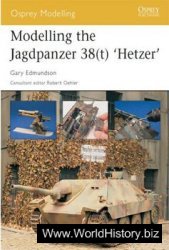
MONEYMAKERS coin silver thalers in the German town of Annaberg. A blank metal disk, heated red hot, was placed on a die by a man with tongs; a co-worker covers the disk with another die and strikes it with an iron mallet.
The 16th Century business boom brought prosperity to many—and problems to all. As the English statesman Thomas More declared, gold and silver had become "the blood of the whole body social,” and trade expanded under huge transfusions of the precious stuff. The supply of metals available for coinage doubled and redoubled as improved mining methods increased the yield of European mines, and as ships returned laden with gold and silver from Africa, the Orient and the New World.
But this vast treasure entered the arteries of commerce through a bewildering variety of mints. Kingdoms large and small coined money; so did free cities, and duchies ruled by noblemen and clerics. Moreover, these authorities compounded the difficulties of dealing in so many currencies by periodically reducing the content of precious metal in their alloys—a practice that helped force prices up and up. During the century, the cost of a bushel of wheat rose as much as 200 per cent in France, 300 per cent in Germany. People everywhere were caught in the grip of a powerful trend whose name, coined later, has become all too familiar: inflation.





 World History
World History









